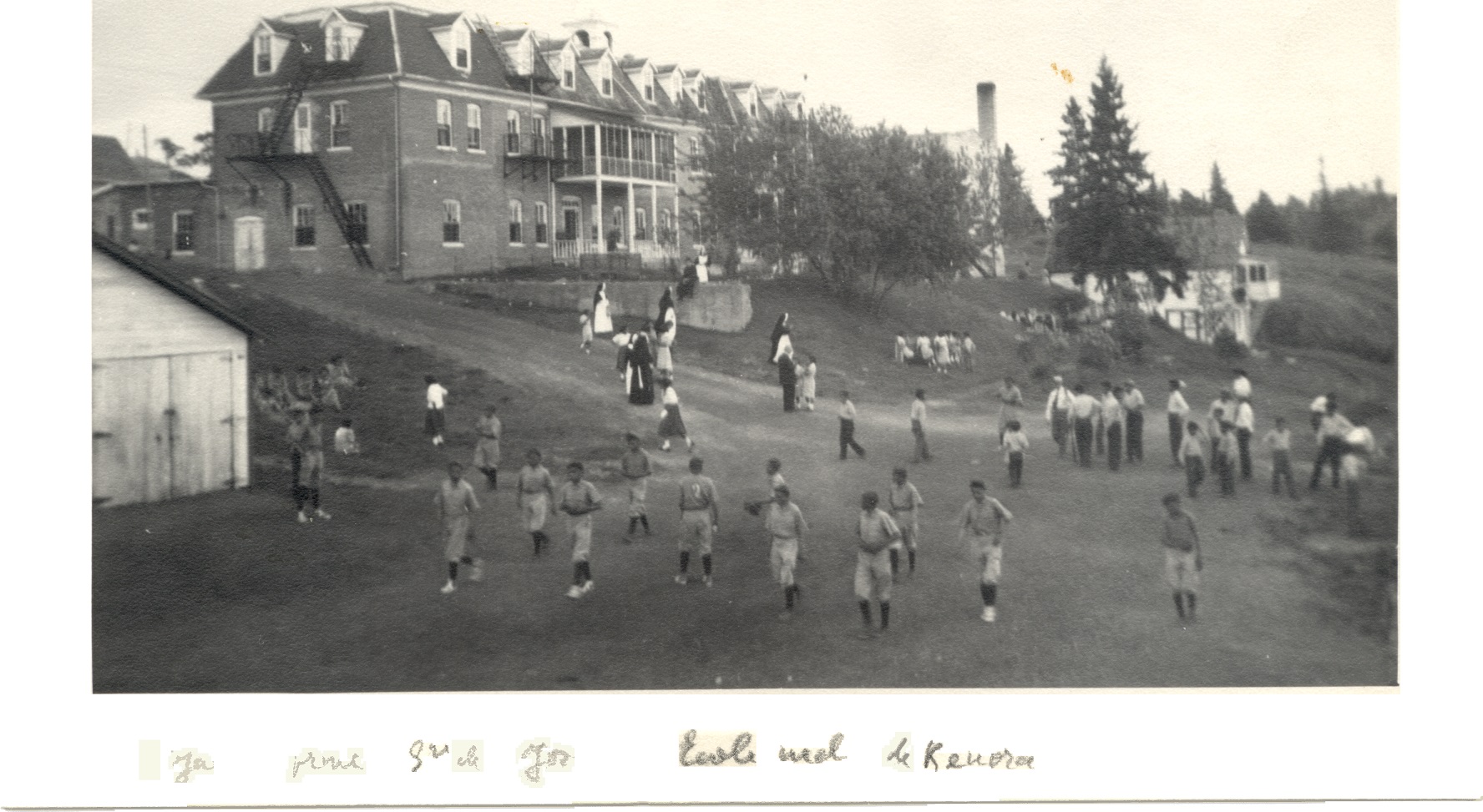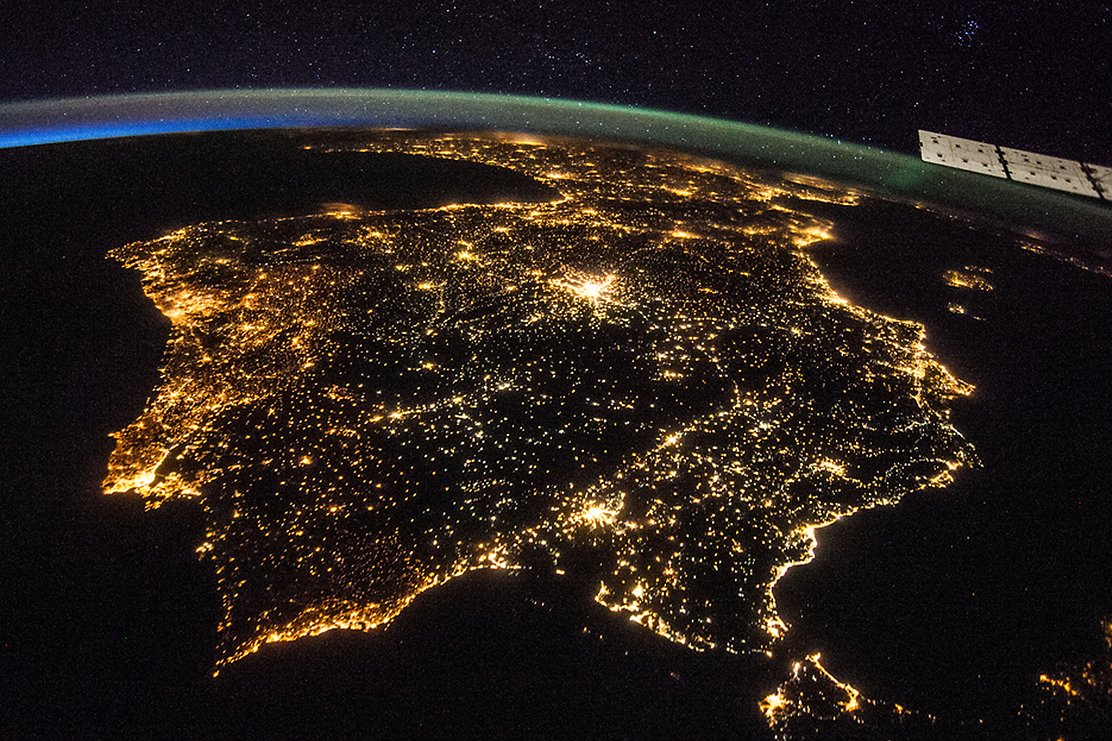An Indigenous residential school operated by a Catholic archdiocese in Manitoba and Saskatchewan has at long last released a highly anticipated collection of records that could shed light on the tragic past of these institutions. The Archdiocese of Keewatin-Le Pas handed over these documents to the National Centre for Truth and Reconciliation on the day preceding Archbishop Murray Chatlain’s scheduled appearance before a crucial Senate committee.
This revelation arrives amidst ongoing allegations directed at church leaders, including testimonies from Indigenous leaders presented before the same committee, suggesting that they have been slow in providing access to these records.
Back in 2021, an archdiocese staff member stumbled upon a box of files that included certain residential school lists. At that time, the archdiocese committed to digitizing these records in collaboration with the national center, as confirmed by Chatlain’s testimony.
However, it wasn’t until Monday that the records were actually delivered. Up to that point, the archdiocese had shared copies exclusively with a local historical society. These records are believed to be the final batch that the archdiocese needed to make available.
“Maybe there’s a little surprise, but we are absolutely not holding anything back,” Chatlain said. “But, for sure, the vast majority is there — everything we know of.”
The Senate committee on Indigenous Peoples has been conducting an inquiry into the reasons behind certain organizations’ delayed release of records. When asked by Senator Scott Tannas if it would take an additional two years if more records were discovered, Chatlain responded with a firm “No.”
A report authored by Kimberly Murray, Ottawa’s special interlocutor for missing children and unmarked graves, indicated earlier this summer that some governments and churches were still withholding records related to residential schools and their associated sites. Senators have been engaging with experts and questioning religious leaders to understand the rationale behind this and why surviving residential school staff members have not been made available to share their experiences.
It’s important to note that an estimated 150,000 First Nations, Inuit, and Métis children were compelled to attend residential schools, with more than 60 percent of these institutions being operated by the Catholic Church.
Established as a result of a settlement agreement between survivors and the federal government, the Truth and Reconciliation Commission undertook the comprehensive documentation and study of the enduring impact of residential schools. The commission’s findings revealed instances of physical and sexual abuse, cultural obliteration, substandard education, malnutrition, and widespread illness within these institutions.
In recent years, the discovery of potential unmarked graves at former residential school sites, along with Pope Francis’s significant apology to Indigenous Peoples last year, have rekindled scrutiny into the schools, their history, and their oversight.
Chatlain mentioned that his diocese is currently exploring the possibility of creating a memorandum of agreement with the national center to gain access to sacramental records and other segments of their archives that could provide valuable insights.
Velichor Abaranam Jerome, the general archivist of the General House in Rome, provided testimony on Tuesday as well. He recounted a visit made by members of the center to Rome to access their archives and discussed their endeavors to obtain the release of these documents.
However, it’s worth noting that the head archivist of the center testified last month, indicating that records related to approximately a dozen Oblate priests who had been convicted of crimes against children in residential schools were not made available for copying. The reason cited was privacy policies concerning personnel records.
Jerome expressed his lack of awareness regarding any issues pertaining to document copying, emphasizing that he was unsure if any such problems extended beyond his jurisdiction.
Indigenous Peoples have consistently conveyed to the committee the extreme difficulty they face in obtaining Catholic Church records related to residential schools.
In a recent testimony, Saskatchewan Treaty Commissioner Mary Musqua-Culbertson recounted an instance where staff members were required to sign a 21-year non-disclosure agreement to gain access to records at St. Paul University in Ottawa, only to find no records available for their search.
“Who specifically asks for a 21-year NDA? Who within their organization needs to die within those 21 years that is being protected?” Musqua-Culbertson asked.
“I’m very frank about this because this affects my life, my legacy, my children.”
Senator David Arnot described it as “baffling” that certain individuals are going to such lengths to prevent the release of records.
Raymond Frogner, who leads the center’s archives, emphasized the necessity of broadening the scope of residential school disclosure to encompass not only religious institutions but also domains like education, healthcare, and the justice system.
Frogner, despite his role as head of the archives, shared that he encounters difficulties in his own efforts to access residential school records.
“I can’t even find the records of my mother who went to Shaftesbury Mission in northern Alberta,” Frogner said.



